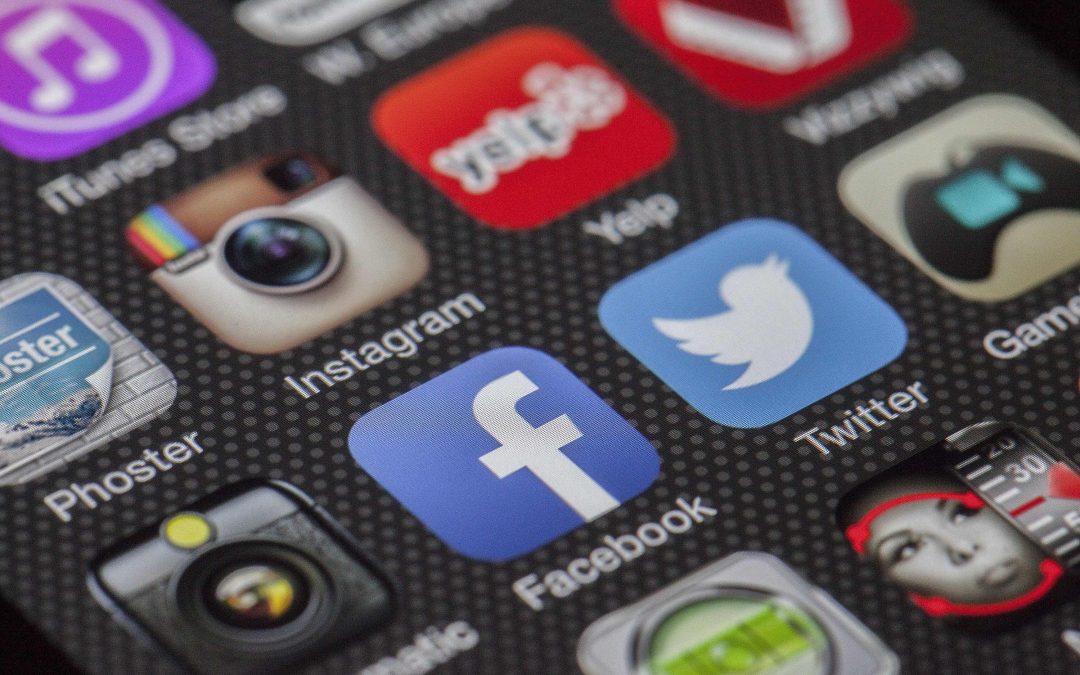Social media have become an important part of how we communicate with others and tell our stories, but what you choose to share on social media can affect your career in ways that might not be obvious.
It’s easy to understand why sharing offensive material, or just being generally profane and tasteless, can get you into trouble. But there are other, sneakier ways that the way you use social media can be surprisingly damaging to you professionally.
Negativity
If you need to vent about work, coworkers, and customers (and we all do from time to time), save it for happy hour with a trusted friend. Using social media to air your work-related grievances can be risky.
We all have had bad days and have said things we didn’t mean, but usually when we do, the conversation stays solely between two people and can generally be worked through with an apology.
Tweeting your frustration to a worldwide audience, though, is not quite so easily smoothed over.
Think before you post.
Disclosing confidential information
Although celebrating career success is a great way to promote yourself and your business, be careful that in doing so you don’t inadvertently disclose company secrets.
Understand your company’s confidentiality and social media policies, and don’t take risks. If you’re unsure if a photo or blog will violate your company’s policies, ask first. Or simply don’t share.
No social media post is worth compromising your job.
Controversial content
Unless discussions of certain controversial topics are integral to your career, it’s best to keep your publicly visible social media clean and free of polemic.
Often, a potential employer’s first impression of you is from Google. If a search of your name reveals photos of you drinking at parties or political rants on old blogs, you might be viewed as unprofessional.
Google yourself every so often, just to get a picture of what others can see. Be creative in your search terms — try your name and city, name and occupation, and so on. If anything shows up that you don’t want to be visible, take steps to get rid of it.
When you search, make sure to click on the “Images” tab as well. If you find an image you want to delete, click on it to drill down to the original source of the photo, and see if it’s something you can delete personally, or ask the source to make it disappear.
Not enough presence
Don’t let old social media stand in the way of a new job.
Sharing relevant articles and news stories on social media, including your own work or publications, can communicate to potential employers that you are active in your field and have connections with others.
Your social media is also a way to show a fun side of your personality, which your more formal resumes and cover letters cannot.
But just as inappropriate use of social media can hurt you, a lack of online presence can be detrimental too, particularly in communications-oriented careers such as marketing, journalism and public relations.
In these fields, social media savvy is important – and sometimes fundamental to your job. If you don’t know how to manage your own social media, it’s hard to prove how well you’d manage it for a company or clients.
Weak privacy settings
Like it or not, social media has become a large part of our personal stories. Googling someone before hiring them, a practice once seen as creepy, is now common.
Google searches will reveal social media accounts, so review your privacy settings. Facebook’s help center describes its basic privacy settings and how to limit who can view what.
There is nothing wrong with using social media to network or to share details about your professional life. In fact, for some industries, having an online presence is critical.
Following a few guidelines, though, will keep you out of trouble.
- Think before you post.
- Stick to factual, positive (or at least neutral) information.
- Eliminate profane, inflammatory, and tasteless content.
- Portray a clean, professional image.
By taking those steps, you can make social media can work for you, not against you.




